Tarnishing Thailand's image
Thailand is seeking to ease concerns about its visa-free program for visitors from China amid concerns about a rise in illegal Chinese business and transnational crime as the kingdom tries to bring in more dollars for its slowing economy.
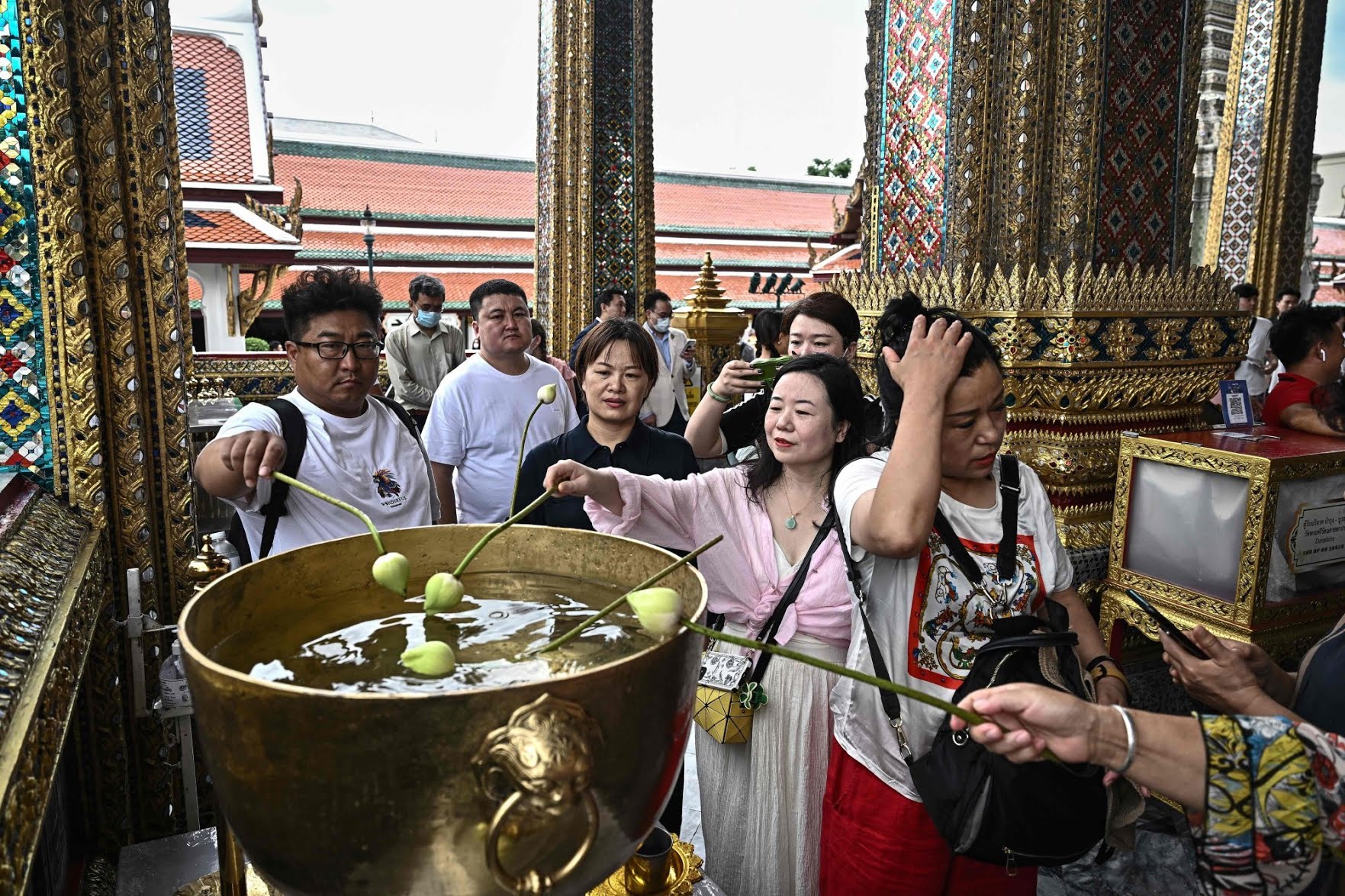
Thai tourists visit the Royal Palace in Bangkok
According to SCMP , Tourism Minister Sudawan Wangsupakitkosol said the new visa-free policy would boost revenue in the tourism industry - a key driver of the country's growth - but admitted there was also a risk of abuse as zero-dollar tours have long been a source of frustration for local businesses.
These tours require Chinese tourists to pay low prices to operators in Thailand for their package holidays. But when they arrive, the tourists are often pressured to buy expensive goods.
The zero-dollar tour is carried out according to the scenario: Chinese travel agencies seek profits by sending tourists to Thai travel agencies without paying any entrance fees. Then, tourists are forced to go to the locations and spend money on shopping for goods and services at prices higher than the market price.
In the worst case, tourists could be left without warning if tour companies fail to make a profit or tourists refuse to spend money on scheduled destinations.
This scenario has played out multiple times before the pandemic, forcing Chinese tourists to seek help from the authorities. There have also been reports of tourists being assaulted by tour guides for refusing to shop as “directed.”
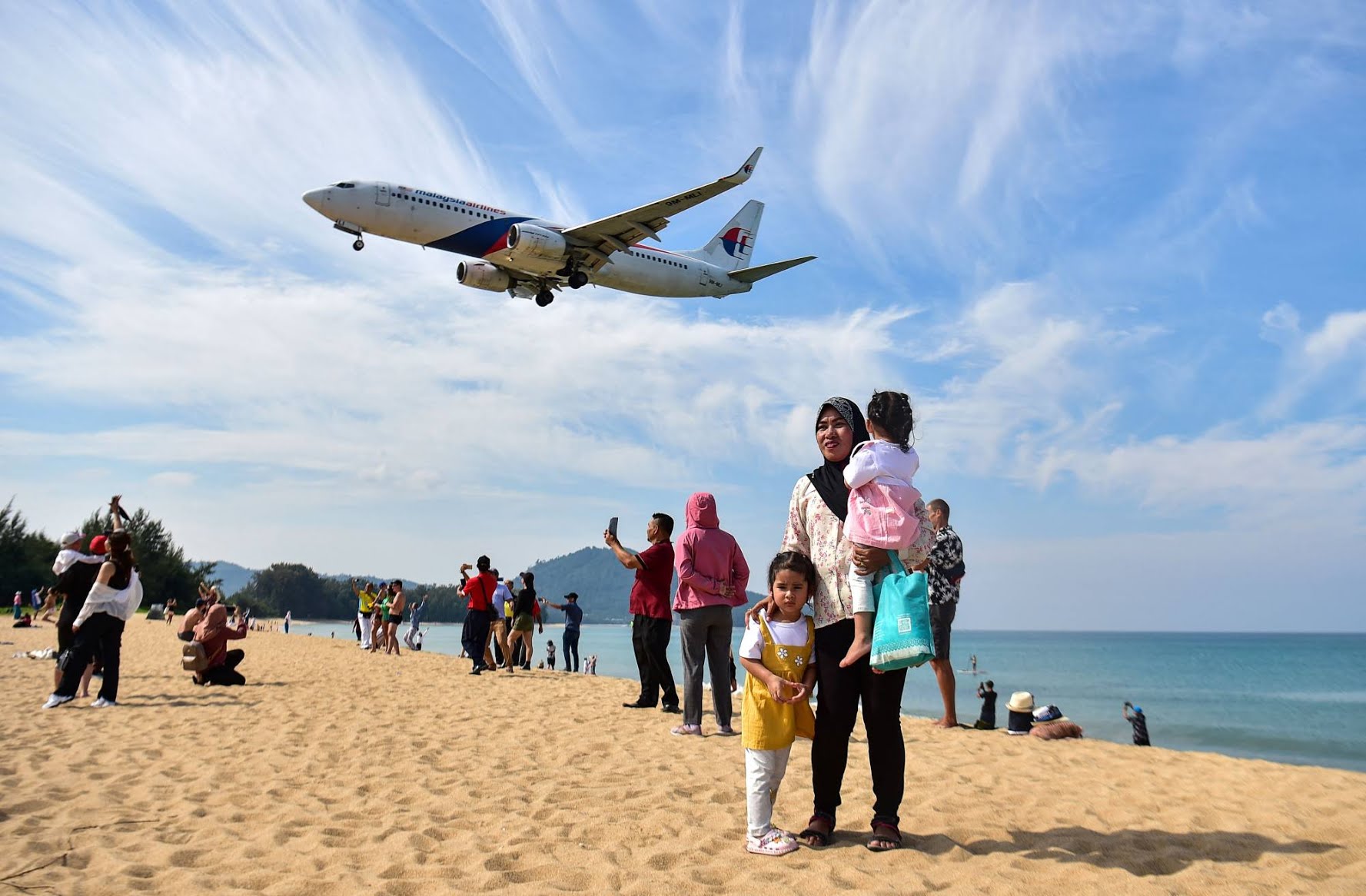
Thailand welcomes more than 18 million international visitors by mid-September this year
The Thai government says low-budget tours have tarnished Thailand's image and police have regularly launched enforcement actions to curb zero-dollar tourism.
Find reassurance
Thai Prime Minister Srettha Thavisin said the visa exemption program will be implemented from September 25 to February 29 next year - right in time for Thailand's peak holiday season for tourists from China and Kazakhstan.
As of mid-September, the tourism-dependent country had attracted 18.5 million foreign visitors, including more than 2 million from China, generating a total of 775 billion baht ($21.9 billion) in revenue from foreign visitors.
According to Minister Sudawan, it is wrong to assume that all Chinese tourists are out to exploit Thai tour operators or engage in criminal activities. Tourist-friendly measures, including weeding out potential troublemakers and a tourist support app, have been put in place, The Nation reported.
The Thai Travel Agents Association welcomed the move by new Prime Minister Srettha and called for more flights from China to strengthen the sector.
Thai airports say they aim to increase flight capacity by 20% to meet the expected upcoming peak season.
Prime Minister Srettha, who is also the finance minister, has announced a series of measures, including debt moratoriums and electricity and fuel subsidies, to boost the economy after growth slowed.
However, Thailand’s instability persists and its visa-free policy for Chinese tourists has worried both tourists and residents. In May, Thai and Chinese police joined forces to crack down on criminals who enter the kingdom on short-term visas to kidnap and ransom their mainland compatriots, according to SCMP .
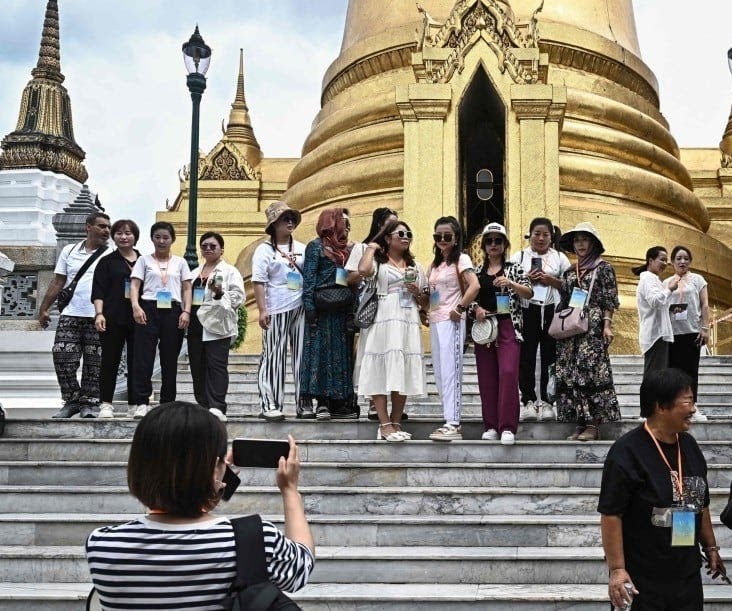
Chinese tourists to Thailand are not as expected, causing the country to find every way to attract them.
Thailand has seen a rise in kidnappings, sometimes fatal, involving Chinese nationals attacking fellow countrymen mainly for money.
Last year, the ringleader of a Chinese kidnapper gang who allegedly chopped off the finger of a fellow countryman after holding him captive in Pattaya was arrested. The suspect had demanded more than $790,000 in ransom for his release.
In January, authorities launched a major crackdown on illegal Chinese-run businesses, leading to the arrest of prominent businessman Chaiyanat “Tuhao” Kornchayanant. Chaiyanat, also a Thai citizen, is accused of running a drug and nightlife empire for a largely Chinese clientele.
Source link


![[Photo] Overcoming all difficulties, speeding up construction progress of Hoa Binh Hydropower Plant Expansion Project](https://vstatic.vietnam.vn/vietnam/resource/IMAGE/2025/4/12/bff04b551e98484c84d74c8faa3526e0)

![[Photo] Closing of the 11th Conference of the 13th Central Committee of the Communist Party of Vietnam](https://vstatic.vietnam.vn/vietnam/resource/IMAGE/2025/4/12/114b57fe6e9b4814a5ddfacf6dfe5b7f)



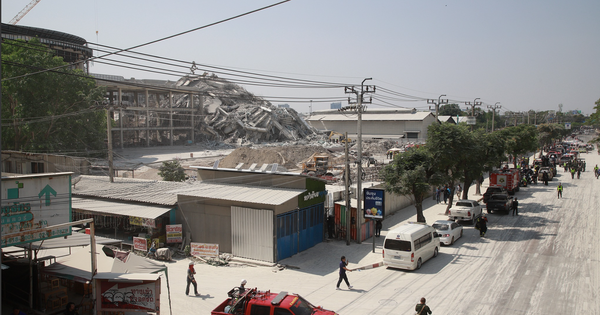

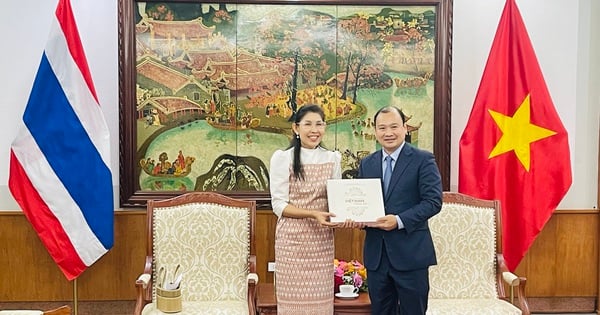

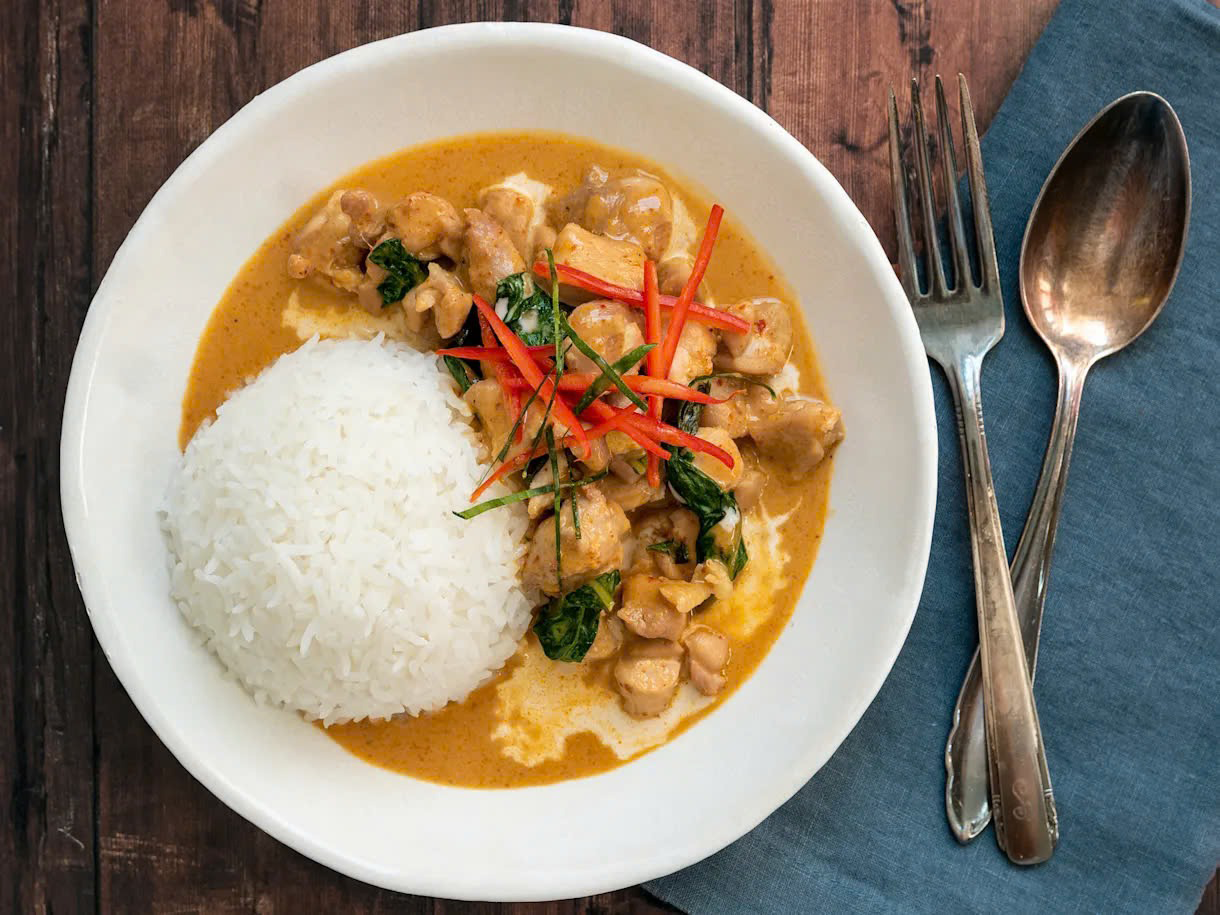



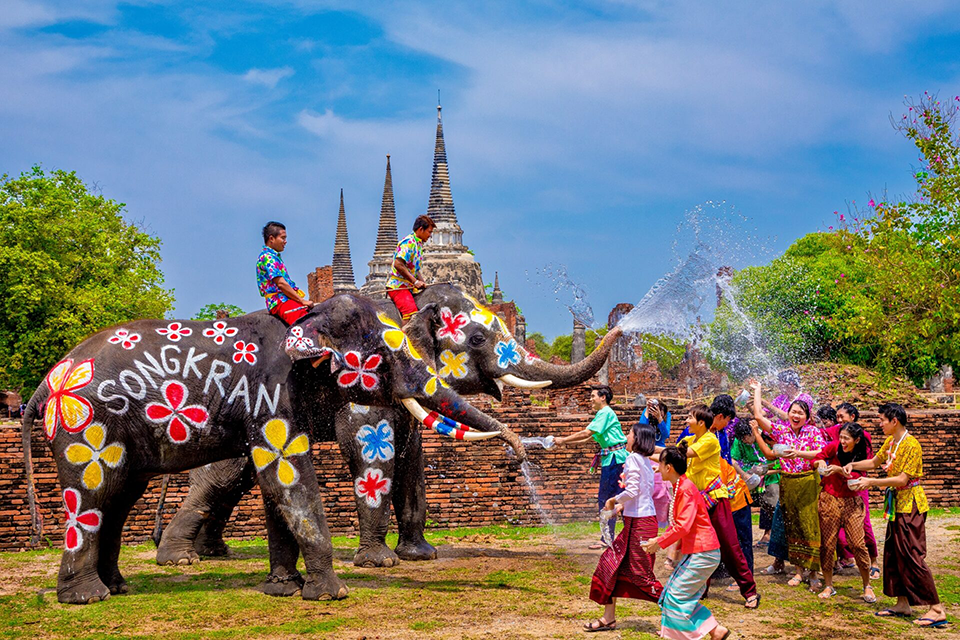
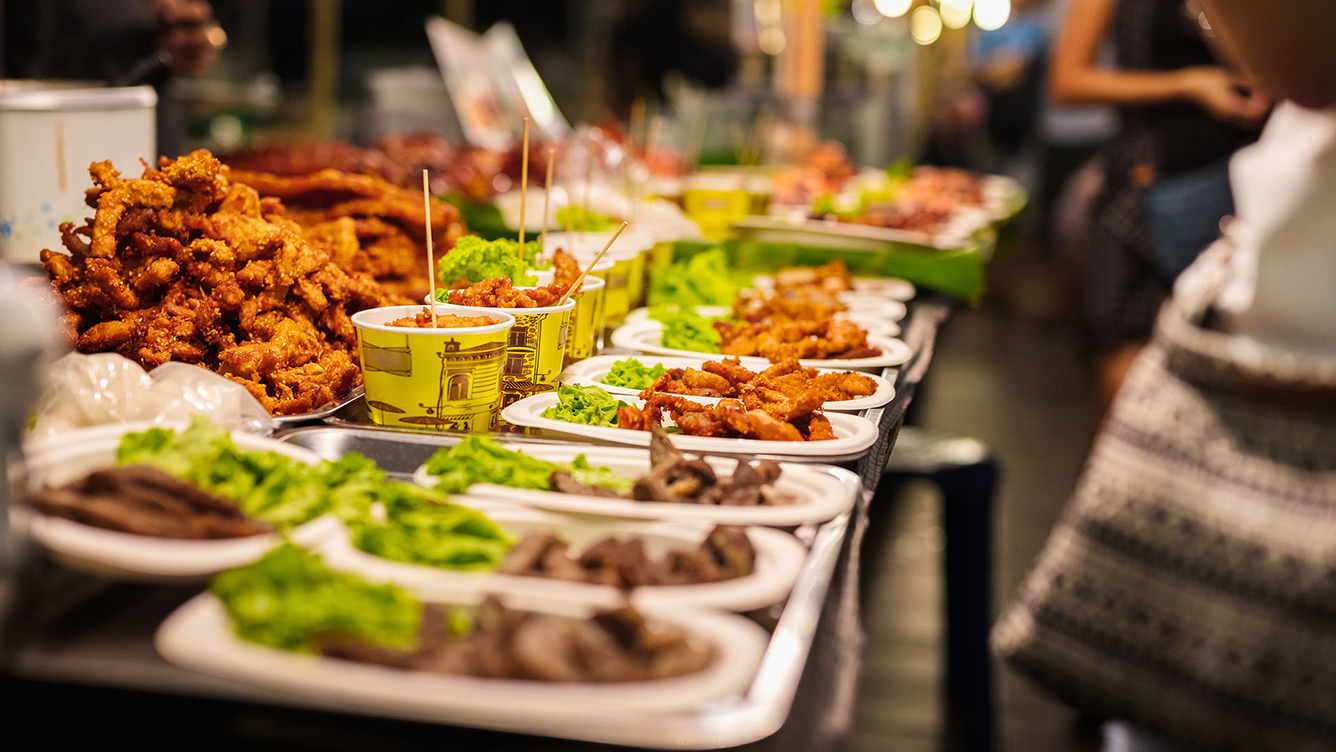






















































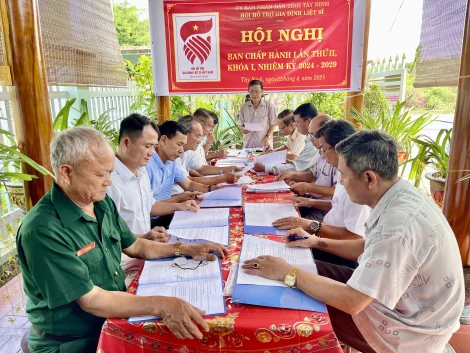



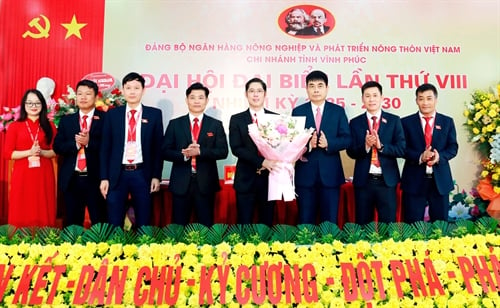














Comment (0)